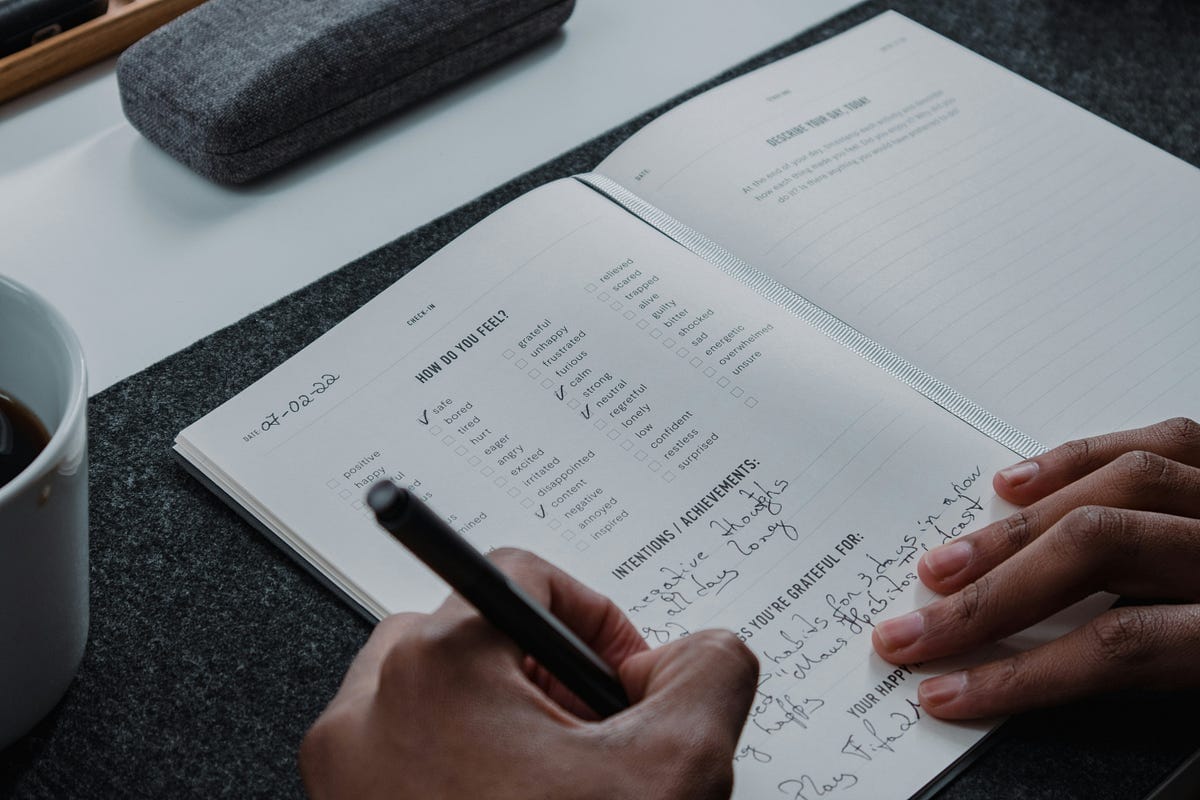6 Habits That Took Me from Imposter Syndrome to Software Confidence
Practical mindset shifts and habits that helped me silence the self-doubt and finally own my role as a developer.

I used to dread code reviews. Now I lead them.
6 Habits That Took Me from Imposter Syndrome to Software Confidence
“You’re not good enough.”
“You just got lucky.”
“One day, they’ll find out you don’t belong here.”
If you’ve ever heard this voice in your head, you’re not alone.
I lived with imposter syndrome for years. Even after landing a solid dev job and shipping features that made users happy, a small voice kept whispering that I didn’t deserve to be here. That I somehow “fooled” my way in.
But over time — and a lot of trial and error — I cultivated habits that helped me go from anxious to anchored, from shaky to self-assured.
Here are 6 habits that rewired my mindset and helped me finally step into confidence as a software engineer.
1. I Documented Everything I Didn’t Know — Then Tackled It in Pieces
Instead of panicking about everything I didn’t know (which was a lot), I made a private “I’ll Learn This Later” doc.
Every time I hit a confusing term (like “dependency injection” or “monad”), I wrote it down. No judgment, just a list.
Each week, I’d pick one item, watch a video or read a short article about it, and write a summary in my own words.
Slowly, the list shrank — and my confidence grew.
Mindset shift: It’s okay not to know everything. What matters is having a system to keep learning.
2. I Started Talking in Standups Like a Real Engineer
At first, I mumbled vague updates:
“Yeah, I’m still working on the thing from yesterday…”
But confident engineers speak with clarity. They mention tickets, blockers, next steps.
So I started prepping my standup notes like this:
- Yesterday: Fixed the date formatting bug on the invoice view (#341)
- Today: Will refactor the
formatDate()utility to handle edge cases - Blockers: Need design confirmation on the new time picker layout
This small shift made me sound (and feel) like someone who knew what they were doing.
3. I Asked More Questions — But Made Them Smarter
There’s a myth that confident devs don’t ask questions. False.
They ask better questions.
Instead of saying,
“It’s not working. What do I do?”
I learned to ask,
“I expectedXbut gotY. I checked A and B—should I investigate C next?”
Colleagues appreciated the thought process. I felt less like a burden and more like a peer.
Tip: Show what you’ve tried before asking for help.
4. I Wrote (and Revisited) a “Brag Document”
Imposter syndrome made me forget my wins. So I started tracking them.
- Shipped a complex PDF export feature? Logged it.
- Helped a junior dev debug a gnarly issue? Wrote it down.
- Got a nice Slack shoutout? Screenshot saved.
Every time doubt crept in, I opened the doc. It reminded me of my impact — something emotions often obscure.
Pro move: Use this doc during performance reviews to advocate for yourself.
5. I Practiced Code Reviews Like an Art Form
Insecure-me used to feel terrified when others read my code. But once I stopped seeing code reviews as judgment and started seeing them as a learning playground, everything changed.
I also began reviewing others’ code, asking thoughtful questions like:
- “Would this logic break for empty arrays?”
- “Curious — any reason for not using the built-in method here?”
Reviewing gave me a backstage pass into how others solve problems — and made me feel more like part of the team.
The more you participate, the more confident you become.
6. I Reminded Myself: Even Staff Engineers Google Stuff
Seriously. Some of the smartest engineers I know Google “sort Python dict by value” weekly.
Confidence isn’t about memorizing everything — it’s about knowing you’ll figure it out.
The moment I embraced that, the weight lifted.
Real confidence isn’t loud. It’s quiet. It’s calm. It says: “I may not know this — yet — but I trust myself to learn it.”
Final Thoughts
Overcoming imposter syndrome isn’t a one-time event. It’s a journey, a practice.
The good news? Confidence is a muscle, and you can build it — habit by habit.
If you’re struggling right now, you’re not broken. You’re just early in your story.
And one day soon, you’ll look back and realize:
You didn’t fake it. You earned it.
If this resonated, leave a comment or share with someone battling imposter syndrome. You’re not alone in this journey.





